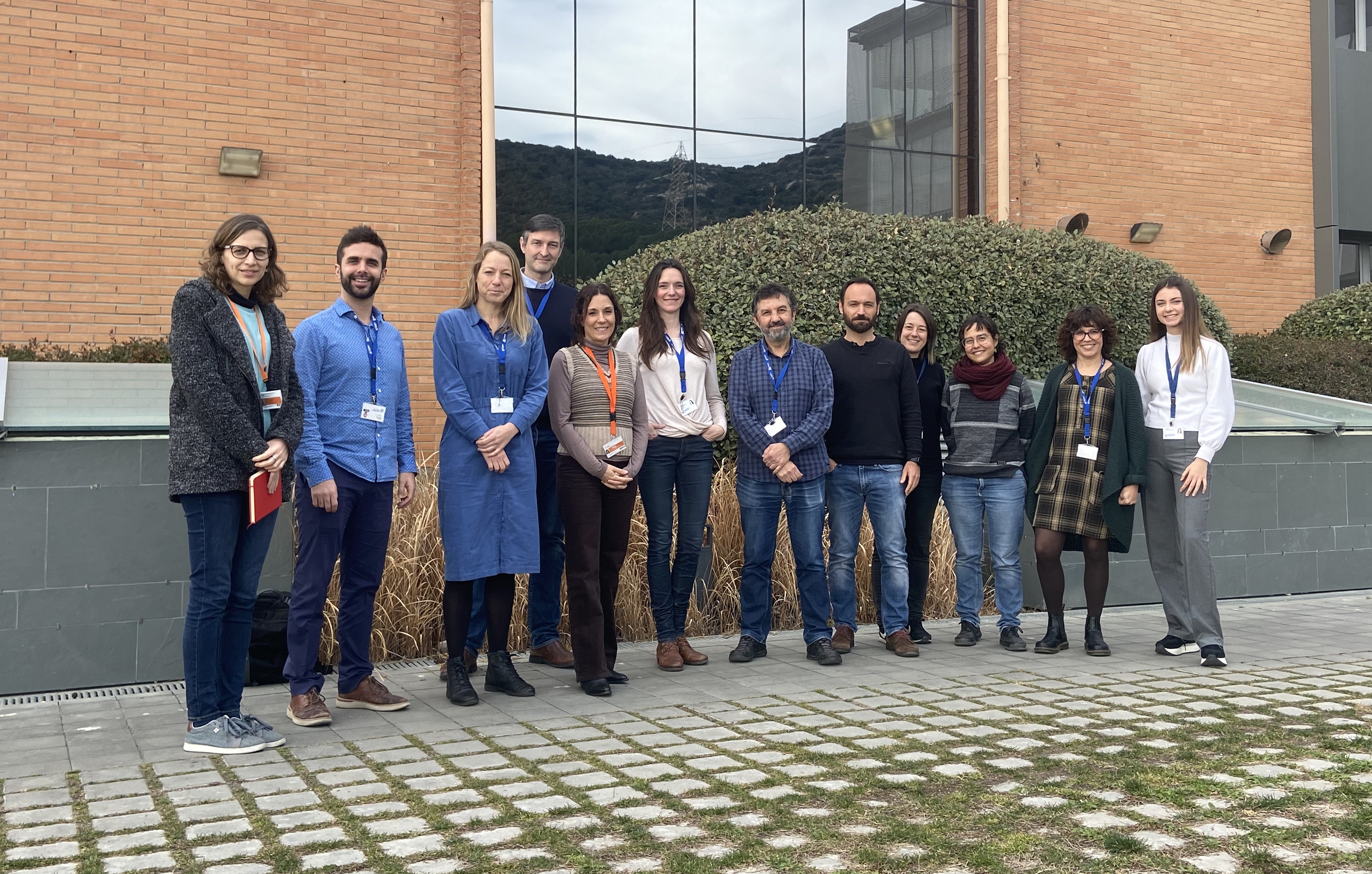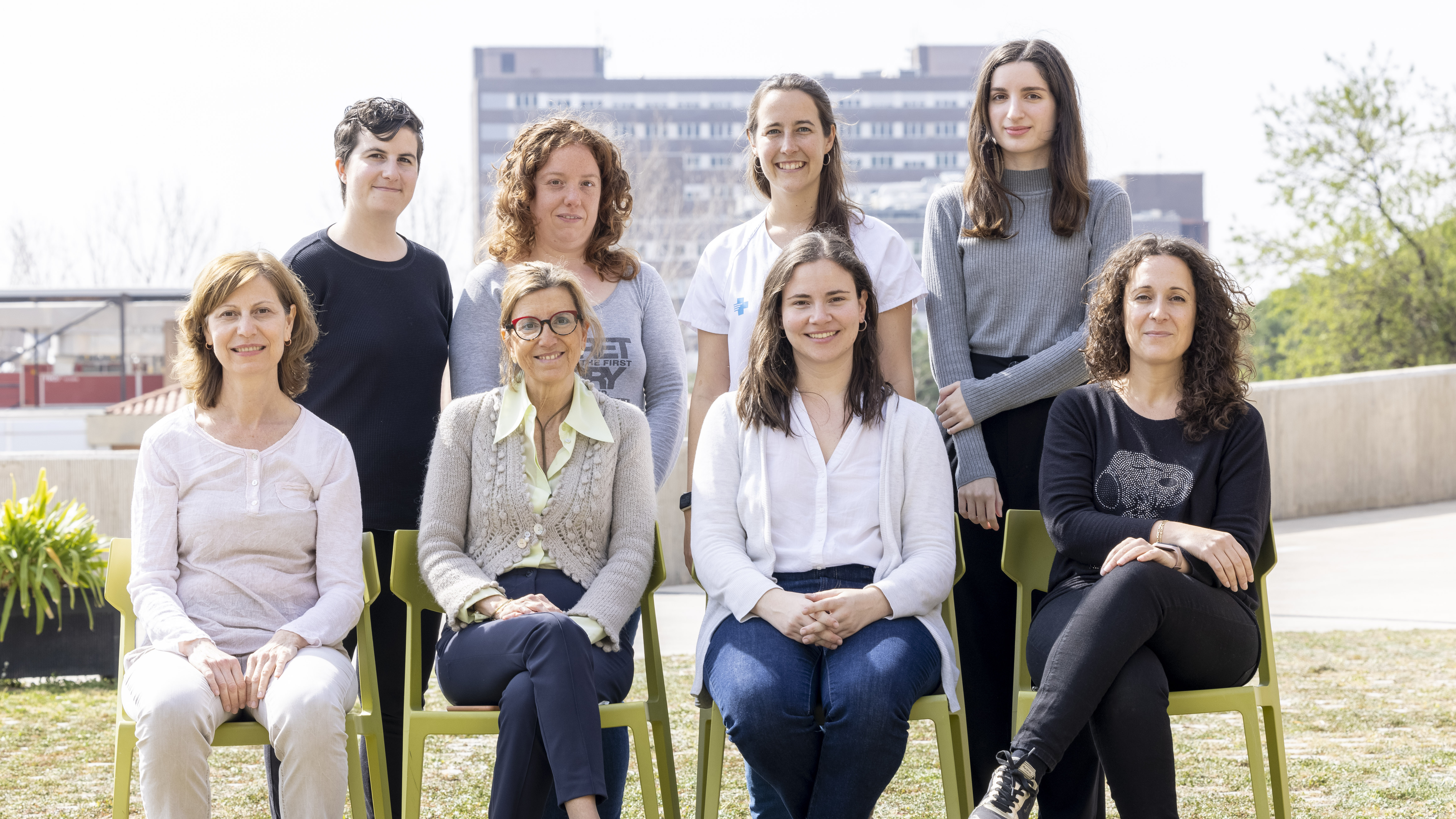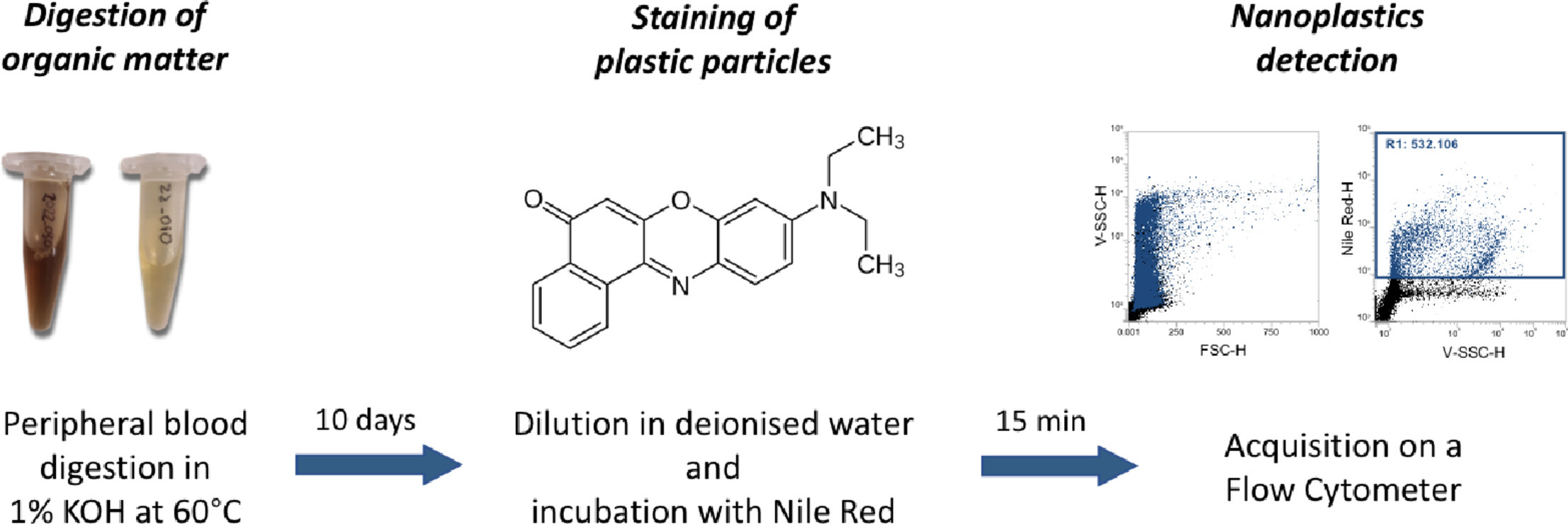Promising new treatment for childhood liver cancer
A preclinical study with support from the Spanish Association Against Cancer has identified a potential treatment approach for patients with hepatoblastoma, which involves combining standard chemotherapy with a drug currently undergoing clinical trials. The research was conducted using patient samples and animal and laboratory models, and has been led by Dr Josep M. Llovet, professor at the UB and group leader at IDIBAPS, and Dr Carolina Armengol, group leader at IGTP and member of CIBEREHD.
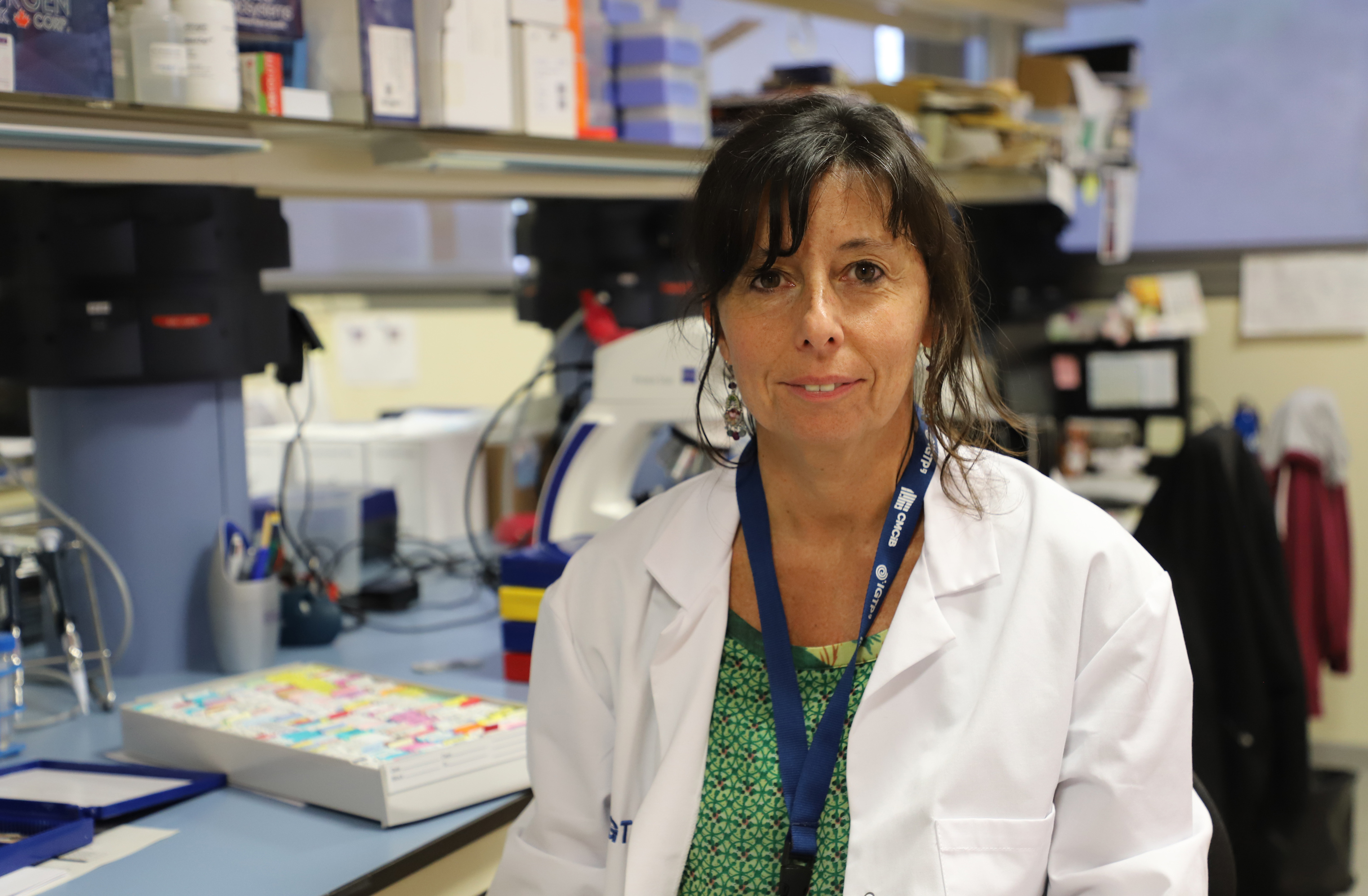

_1683206318.jpg)
_1681823569.jpg)
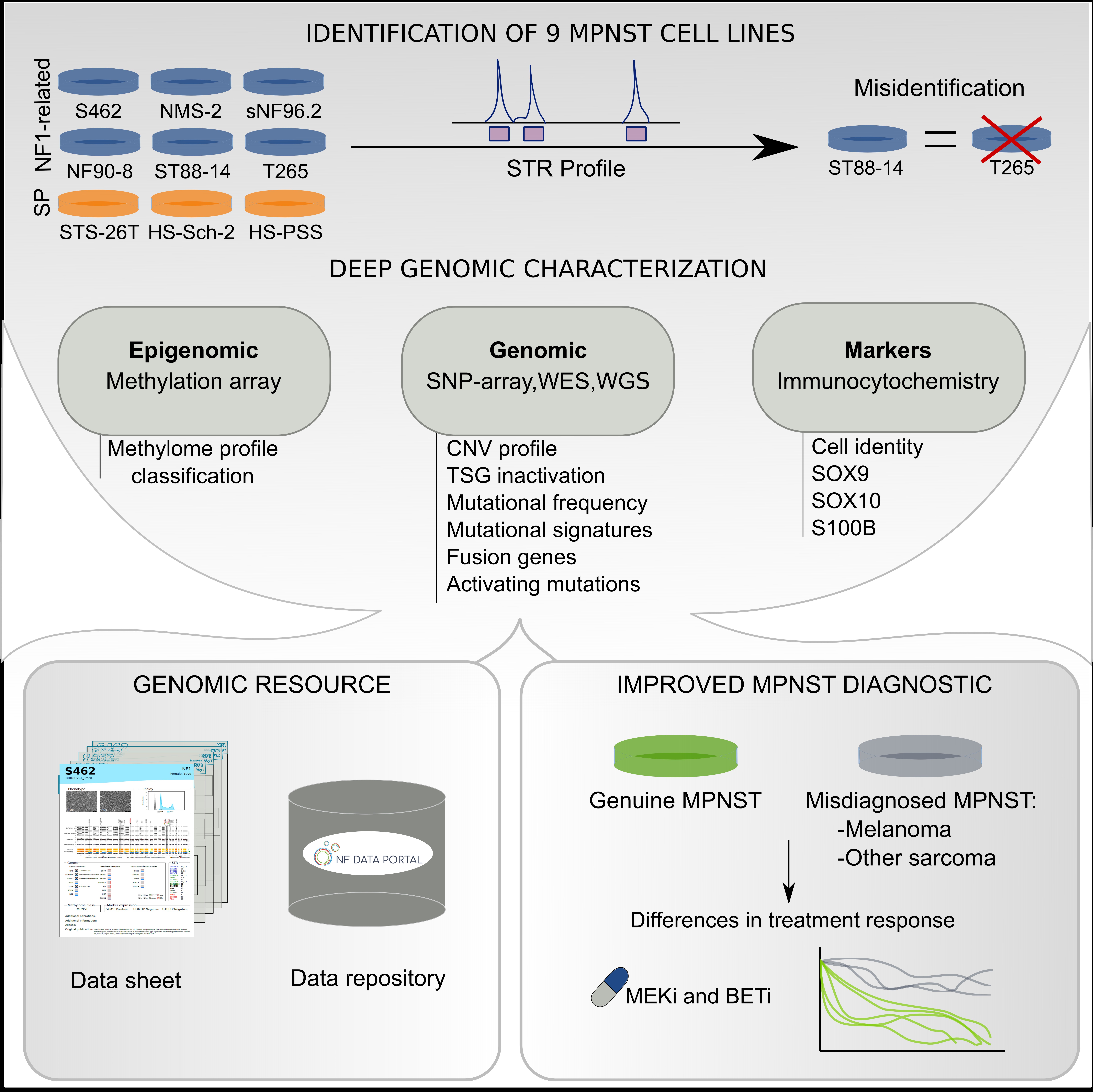
_1678377436.JPG)
_1680177056.jpg)
